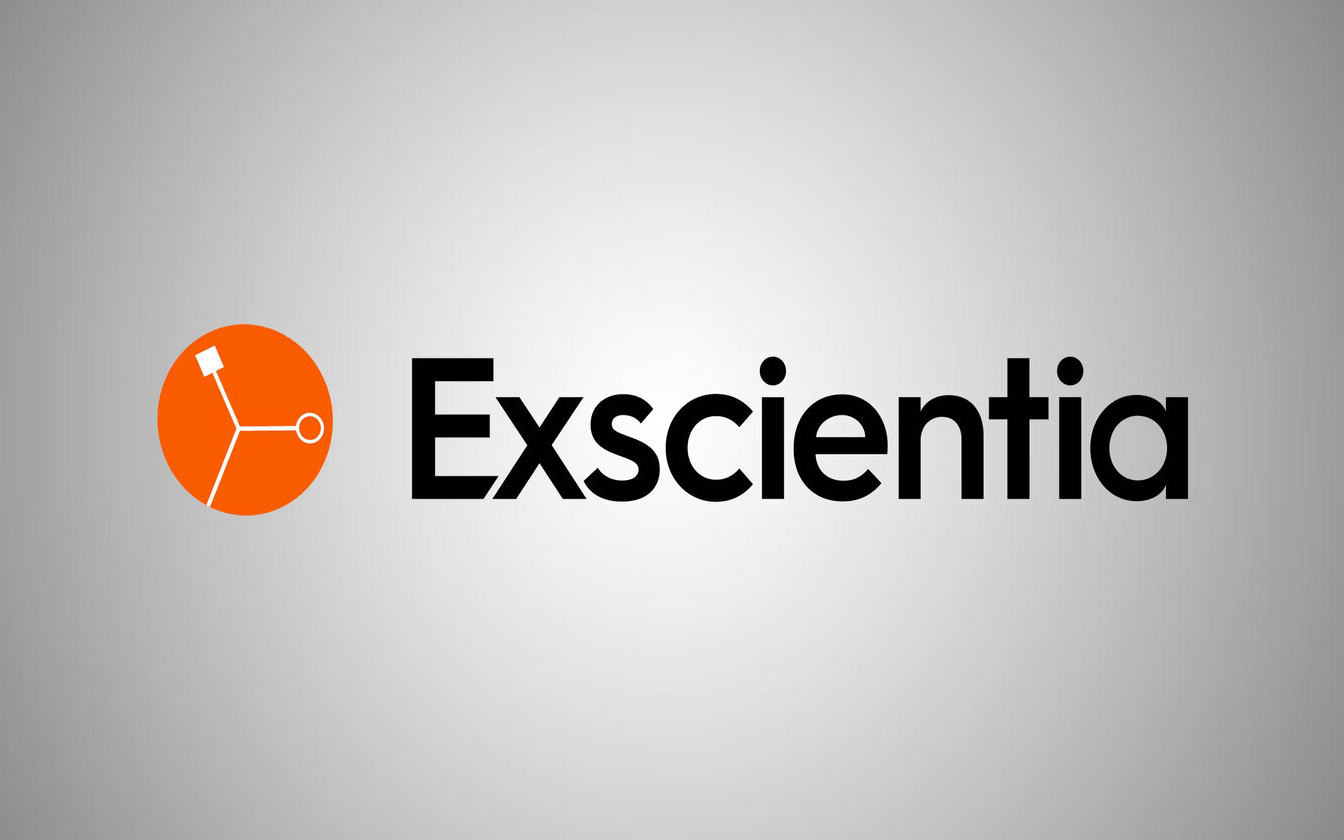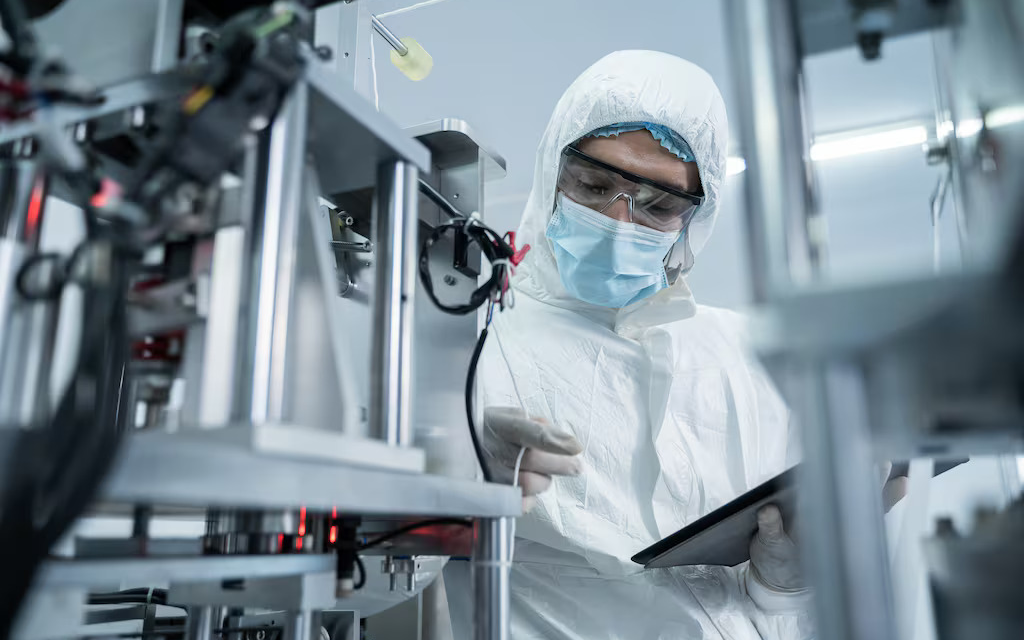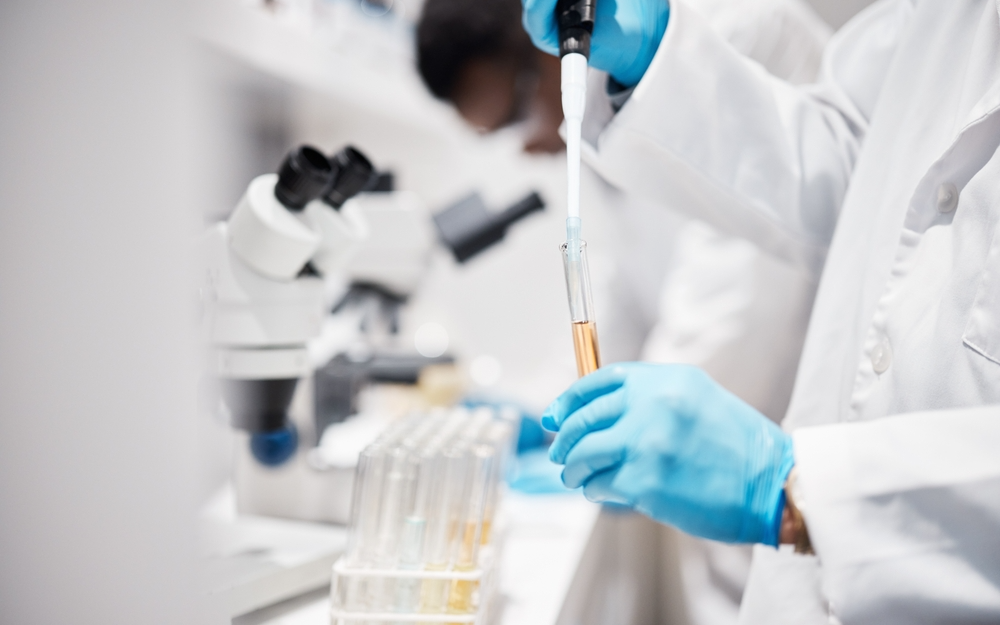Fewer scientists, faster drugs? How Exscientia's AI is transforming pharma
By April Lara
May 29, 2024

Exscientia logo
UK's Exscientia, a leading AI-powered drug discovery company, is in the spotlight following both layoffs and a strong showing in its Q1 2024 financials. Exscientia announced on Tuesday that they are laying off 20-25% of their workforce, characterised as efficiency measures to save cash.
This move comes despite the company's positive financial results and assurances that its core AI pipeline remains on track. However, workforce reduction raises concerns about the future of human expertise in pharmaceuticals as automation takes centre stage.
Humans & AI: A collaborative future for drug discovery
Exscientia’s layoffs are part of a larger trend within the pharma industry where automation is increasingly seen as a path to efficiency. This aligns with findings from a report by Elon University, which suggests that many experts view AI in pharmaceuticals as beneficial, despite its potential impact on human decision-making.
Exscientia's workforce reduction reflects this trend. While the company emphasises the importance of human expertise alongside AI, the layoffs suggest a shift towards a more automated drug discovery process. Oliver Stohlmann, Exscientia's VP of communication, highlighted their approach of combining human expertise and technological capacity.
“Our scientists and tech experts use AI as a toolbox to speed up the discovery process for high quality drug candidates. However, our AI-design process integrated with robotic experiment automation still requires human leadership,” he said.
By leveraging AI throughout its drug discovery process, Exscientia empowers its workforce to focus on higher-value tasks, while ensuring consistent quality control across experiments. Additionally, streamlining workflows with AI could free up resources to invest further in AI development or prioritise other areas within the company.
Stohlmann's statement emphasises a key point: human expertise remains essential in this field, not just for Exscientia but for the entire pharmaceutical industry. This is especially important to address AI's limitations in drug development.
Addressing AI limitations
Exscientia tackles these limitations by prioritising the discovery of complex, high-quality drug candidates. This focus on quality, alongside the speed afforded by AI, significantly reduces the time required for drug discovery.
“Based on 8 clinical development candidates created by EXS to date, we’ve shown that the average time to be able to do that with our AI design platform took around 12-15 months vs industry norm of 4.5 years average,” said Stohlmann.
Compared to the traditional approach that screens thousands of chemical molecules to find a few potential hits, Stohlman also noted that their AI platform proactively designs drug candidates based on desired characteristics, balancing numerous complex parameters simultaneously. Therefore, the process aims to provide better access to novel therapeutics but also to deliver expertis high-quality alternatives to existing drugs and personalised medicines for individual patients.
Exscientia is a reflection of the ongoing transformation of drug discovery, where AI is reshaping the field. While AI automates tasks and accelerates timelines, human expertise remains central for leadership, quality control, and navigating AI limitations.
This collaborative approach, with humans and AI working in tandem, promises to deliver life-saving treatments more efficiently.
Gain recognition for your accomplishments in the pharmaceutical sector. Register for The Pharma Industry Awards 2024. Secure your spot at the upcoming awards ceremony, where you'll have the chance to mingle with industry trailblazers and showcase your success.







.png)